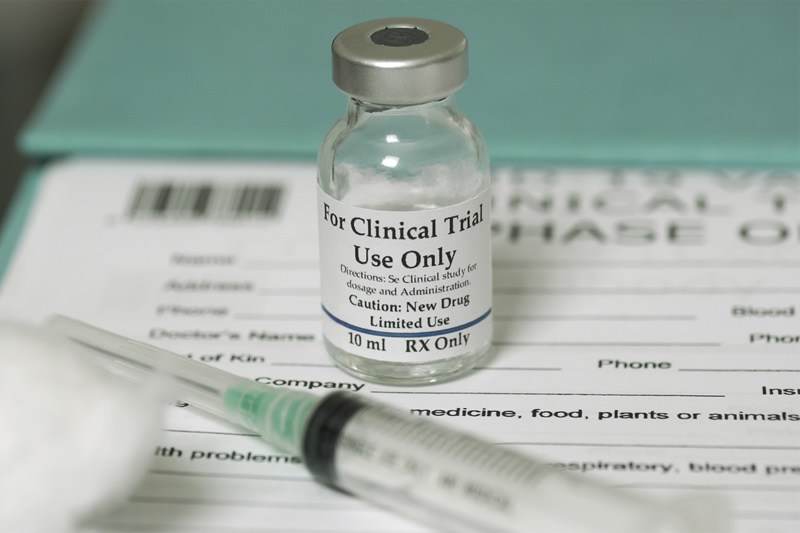In the field of global health and medicine, international clinical trials play a pivotal role in advancing medical knowledge and improving patient care worldwide. These trials, however, come with the complex challenge of navigating linguistic and cultural barriers across diverse participant populations. This is where language services, including translation and interpretation, become indispensable. They ensure accurate, consistent, and culturally sensitive communication, which is fundamental to the successful execution of international clinical trials.
Importance of Language Services in Clinical Trials
Ensuring Accurate Communication
Language services facilitate the precise translation of clinical trial documents, including protocols, consent forms, patient questionnaires, and instructions for use of medical devices. This accuracy is crucial for ensuring that all participants fully understand the trial’s purpose, procedures, and potential risks and benefits, which is essential for informed consent.
Maintaining Regulatory Compliance
International clinical trials must adhere to stringent regulatory requirements that vary by country. Language services are critical in translating regulatory documents and submissions accurately, ensuring compliance with local regulations and ethical standards.
Enhancing Patient Recruitment and Retention
Effective communication through language services helps in recruiting and retaining participants from diverse linguistic backgrounds. Clear and culturally appropriate translations can improve participants’ understanding and trust in the trial, leading to higher enrollment rates and reducing dropout rates.
Facilitating Cross-Border Collaboration
Clinical trials often involve multinational teams of researchers, healthcare professionals, and regulatory authorities. Language services enable effective collaboration and coordination among these stakeholders, ensuring that language barriers do not impede progress.
Challenges in Providing Language Services for Clinical Trials
Linguistic Complexity
Medical and scientific terminology is inherently complex and can be challenging to translate accurately. Language service providers must have specialized knowledge in medical translation to ensure that the terminology is correctly understood and conveyed in different languages.
Cultural Sensitivity
Translations must be culturally appropriate to be effective. Language service providers need to understand and respect cultural nuances and tailor translations to be culturally sensitive, avoiding misunderstandings that could affect the trial’s outcome or ethical standing.
Timeliness and Scalability
Clinical trials often operate on tight schedules, and delays in translation can impede progress. Language services must therefore be timely and scalable, capable of handling large volumes of material efficiently without compromising on quality.
Best Practices for Language Services in Clinical Trials
Employing Specialized Translators
Utilizing translators with specific expertise in medical and clinical trial translations ensures that the complex terminology and concepts are accurately translated. TrueLanguage and Powerling have a wide range of linguists well versed in this field.
Implementing Rigorous Quality Control
Quality control measures, including proofreading, editing, and back-translation, are essential to verify the accuracy and appropriateness of translations.
Embracing Technology
Technological tools, such as translation memory systems and terminology management databases, can enhance the efficiency and consistency of translations throughout the clinical trial process.
Continuous Collaboration and Feedback
Ongoing communication and feedback between language service providers, clinical trial teams, and participant communities are vital to address any issues promptly and ensure continuous improvement in the translation process.
Summarizing
Language services play a critical role in the successful execution of international clinical trials. They ensure accurate, consistent, and culturally sensitive communication across diverse participant populations, facilitating regulatory compliance, enhancing participant recruitment and retention, and supporting multinational collaboration.
Overcoming the challenges of language translation in clinical trials requires employing specialized translators and implementing rigorous quality control measures, leveraging technology, and fostering continuous collaboration and feedback. By prioritizing these elements, language services can significantly contribute to the global advancement of medical research and patient care.


